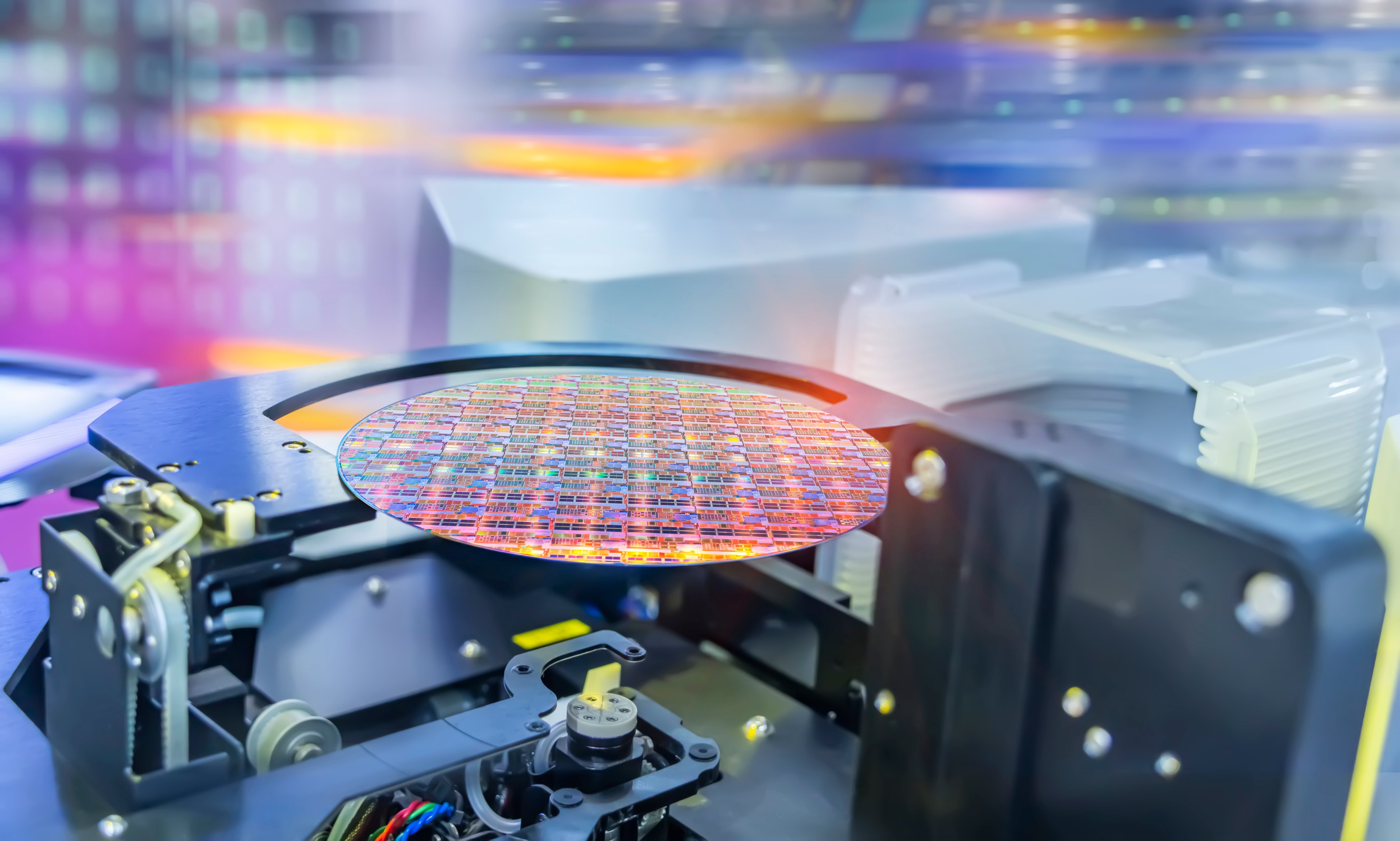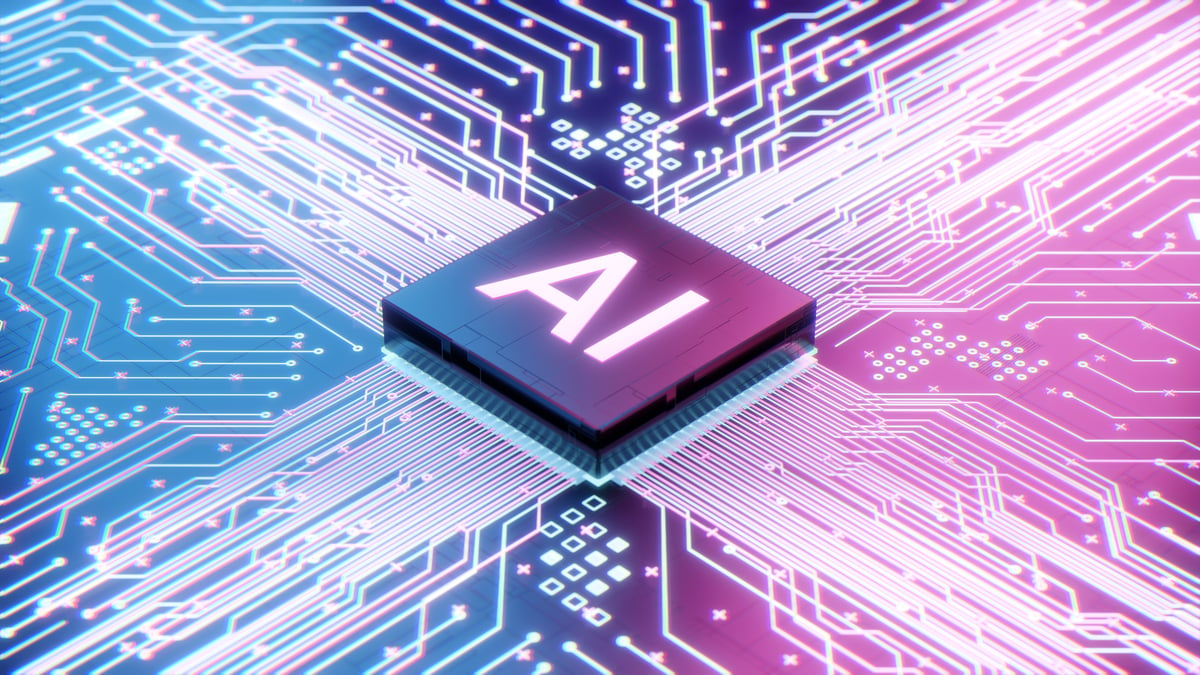There are a lot of concerns about a growing AI bubble. This concern became more evident after OpenAI announced several deals with AI computing equipment providers that will be financed by terms other than cash and debt. More experienced investors may remember similar events happening during the dot-com bubble, when many of the telecoms were investing in each other to finance the equipment they needed to build out the internet.
As a result, investors (including myself) are a bit worried that history may be repeating itself. I recently took a look at my portfolio after considering what I should do about a potential AI bubble forming, and I think other investors should do the same.

Image source: Getty Images.
Are we in an AI bubble?
To answer the question, "Are we in an AI bubble?" I'd say maybe, as it depends on what part of the sector you're looking at. If you'd ask me about artificial intelligence hyperscalers like Alphabet (GOOG 0.04%) (GOOGL 0.05%) or Meta Platforms (META 2.95%), I'd say no. These two, and others like them, have legitimate businesses funding their AI investments. Alphabet's Google Search is a huge cash cow, and many of the businesses under its umbrella also generate monster cash flows. The same can be said for Meta Platforms and its social media sites.

NASDAQ: GOOGL
Key Data Points
If an AI bubble pops and these companies decide to no longer invest in AI, they'll be just fine because their base businesses will be unaffected. While their stocks may crash in the short term as the market moves lower because of such an event, they'll be OK over the long haul. I think companies like Meta and Alphabet are relatively safe picks, and if there is significant value unlocked in the industry thanks to AI, these will be the primary beneficiaries.
AI computing equipment providers would struggle if a bubble popped
The area where most are concerned about a bubble brewing is in the AI computing equipment providers. These are companies like Nvidia (NVDA 0.72%), AMD (AMD 6.13%), and Broadcom (AVGO +0.17%), and all three of these companies have announced deals with OpenAI over the past two months. If AI spending were to cease, a large chunk of business would disappear for these three, and their stocks would suffer. Upstream from these three, companies like Taiwan Semiconductor (TSM 2.65%) and ASML (ASML 2.21%) would also struggle.
I'm still not sure if we're actually in a bubble. While I'm concerned about the deals with OpenAI, they're only one player in the game. The AI hyperscalers mentioned above are also buying vast computing power from the providers with real cash. If they decide AI isn't worth it, then I'd say we're in a bubble. However, most of these companies seem confident in their goals and are willing to spend billions, if not trillions, of dollars to build out that vision.
Still, I wanted to make sure my portfolio was ready even if something did happen. I examined my portfolio and saw I had a decent chunk of it invested in Nvidia, Broadcom, Taiwan Semiconductor, and ASML. Of those four, I looked at projected future growth rates to decide which one I was going to eliminate. While ASML is a critical part of chip manufacturing infrastructure, it has the worst growth outlook of the four. As a result, I sold all my shares and am holding the cash. Eventually, I'll use this cash to invest in a non-AI business, but this helped diversify me away from AI computing hardware should a bubble burst.

NASDAQ: ASML
Key Data Points
I still think we're in the early innings of an AI buildout. Companies like Nvidia have stated that they see a $3 trillion to $4 trillion market emerging by 2030. That's a huge demand for its best-in-class graphics processing units (GPUs), and if that comes to fruition, holding onto these established winners would be a genius move. Data centers are planned years in advance, and all of these data centers currently under construction take years to complete. As a result, most hyperscalers are in contact with suppliers like Nvidia well before they need chips, so trusting what Nvidia says the demand is going to be is a smart move by investors.
I don't think investors should run for the hills, as there are still plenty of signs that there is more room for the AI trend to run. However, I think it's a good idea to ensure that your portfolio isn't too leveraged into the AI arms race, as it could eventually become a problem months or years from now.









